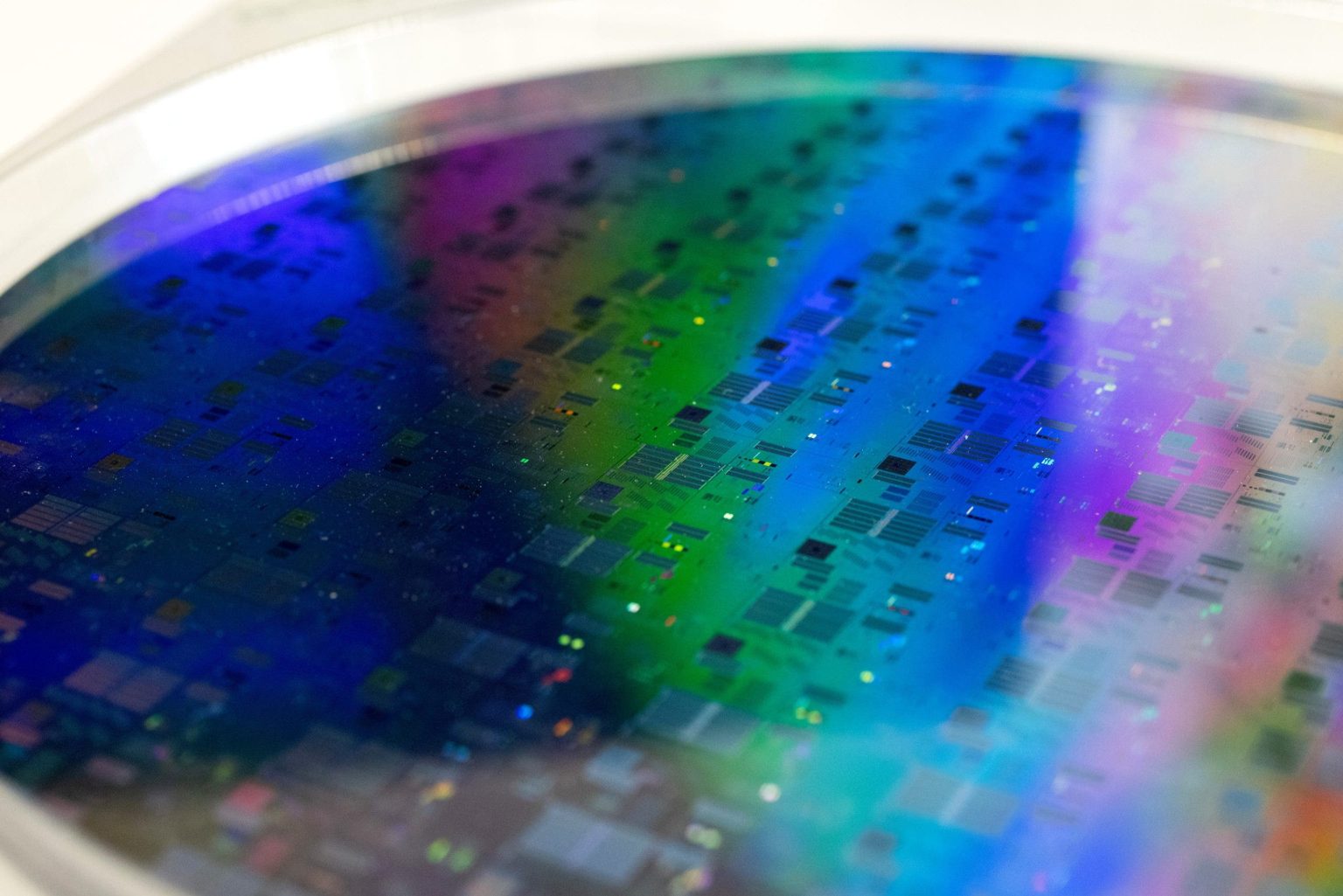The United States is at risk of falling behind in the development of artificial intelligence (AI) if semiconductor chips and processors continue to be produced offshore, according to industry expert Jonathan Klamkin, CEO of semiconductor company Aeluma. Klamkin emphasizes the importance of vertical integration in semiconductors, stating that innovation across the supply chain is crucial for staying competitive in AI development. With the rise in demand for semiconductor chips and microprocessors driven by the growing interest in AI models and platforms, there is fierce competition among nations to secure the necessary chips to power research and development.
Chip manufacturer Nvidia has seen a significant increase in revenue thanks to the surge in AI demand, reflecting the global trend towards AI technology investment. The Semiconductor Industry Association forecasts a substantial jump in global chip sales in 2023, highlighting the importance of secure chip supplies for nations seeking to maintain a competitive edge in AI. Countries like the United Kingdom have pledged significant investments in purchasing chips to support research and development efforts and stay at the forefront of the industry as AI becomes increasingly influential.
The global chip supply chain is under strain due to high demand, leading to efforts to seek simpler alternatives to address the shortage of advanced chips. Companies and countries are stockpiling chips to mitigate potential shortages and maintain operations in the face of increasing demand. The United States faces a challenge in producing a significant portion of the global supply of chips, with the majority being manufactured in Taiwan. The passage of the CHIPS Act in 2022 aimed to increase U.S. production of advanced chips to enhance supply chain security and national innovation, aligning with Klamkin’s vision of a more self-sufficient semiconductor industry in the U.S.
In response to the growing demand for chips and the need to accelerate AI development, OpenAI CEO Sam Altman has sought additional investors to raise trillions of dollars for boosting chip production. Altman’s plan includes working with investors from the United Arab Emirates, Softbank, and chipmakers like Taiwan Semiconductor Manufacturing Co. to drive global manufacturing transformation and accelerate advanced AI development. The initiative reflects the urgency of securing chip supplies and investing in innovation to stay competitive in the rapidly evolving AI landscape.
Moving forward, it will be crucial for the U.S. to increase its share of advanced chip production to ensure supply chain security and foster innovation in the semiconductor industry. By adopting a more self-reliant approach to chip manufacturing, the U.S. can strengthen its position in AI development and maintain its competitiveness in the global market. Investments in chip production and research are essential to drive technological advancements and support the growing demand for AI technologies. Collaboration between industry leaders, government agencies, and investors will be vital in shaping the future of AI innovation and solidifying the U.S.’s position as a leader in artificial intelligence.


